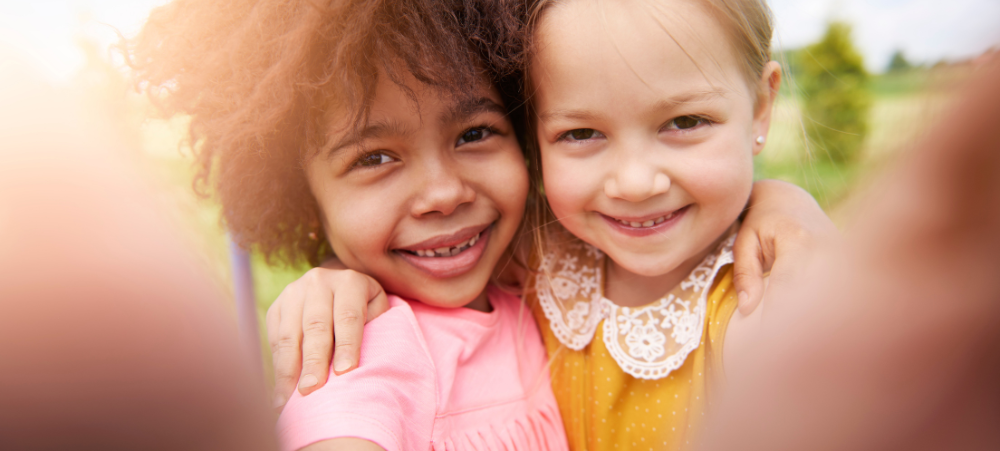Friendships play a crucial role in a child’s development, shaping their emotional, social, and cognitive growth. Learning how to build and maintain relationships helps children develop empathy, communication skills, and self-confidence. Parents can support these skills by providing guidance, encouragement, and opportunities for positive social interactions.
1. Teach Empathy and Understanding
Help children understand and recognize other people’s feelings. Encourage them to consider how their words and actions affect others. Simple questions like, “How do you think your friend felt?” promote perspective-taking and empathy.
2. Model Positive Social Behavior
Children learn by observing adults. Demonstrate polite greetings, active listening, sharing, and problem-solving in your interactions. Modeling respectful communication sets a foundation for children to emulate in their own friendships.
3. Encourage Playdates and Group Activities
Providing opportunities for children to interact with peers is essential. Playdates, team sports, and group activities help children practice cooperation, negotiation, and conflict resolution in real-world settings.
4. Teach Conflict Resolution Skills
Disagreements are normal in friendships. Guide children in expressing their feelings calmly, listening to others, and finding compromises. Encourage phrases like, “I feel upset when…” or “Can we try this instead?” to help resolve conflicts constructively.
5. Promote Self-Confidence and Independence
Children who feel secure in themselves are more likely to form and maintain healthy friendships. Encourage decision-making, problem-solving, and independent play to strengthen self-esteem and resilience.
6. Discuss Healthy Boundaries
Teach children to respect their own needs and the needs of others. Help them understand that it’s okay to say no, ask for space, and expect kindness and respect in return. Setting boundaries fosters mutual respect in friendships.
7. Celebrate Positive Social Behavior
Acknowledge acts of kindness, cooperation, and empathy in social settings. Positive reinforcement encourages children to continue practicing good social skills and understanding their impact on others.
8. Be Patient and Supportive
Developing social skills takes time and practice. Be patient and provide guidance when needed, while allowing children the space to navigate relationships on their own. Your support helps them feel secure as they learn and grow.
By actively supporting social skill development, parents can help children form meaningful, lasting friendships. Teaching empathy, communication, conflict resolution, and independence equips children with the tools to navigate social situations confidently.
Sources
American Academy of Pediatrics – Supporting Social Skills in Children
Child Mind Institute – Helping Kids Develop Healthy Friendships
Harvard Graduate School of Education – Social and Emotional Learning in Children
We understand that there are many aspects that encompass a Mother, Father or Child and strive toward providing resources and services that accommodates this.
Our content is aimed to inform and educate families on issues starting from pregnancy through to the challenges of the teen-age years.
- Say Hello to the Ultimate Holiday Brunch Bite - December 17, 2025
- Tiny Toons Looniversity Returns: Meet the Voice Behind Plucky and Hamton! - December 12, 2025
- From Pain to Possibility: Panado®’s New Marketing Campaign, Highlights The Joy Of Pain Relief - December 10, 2025





